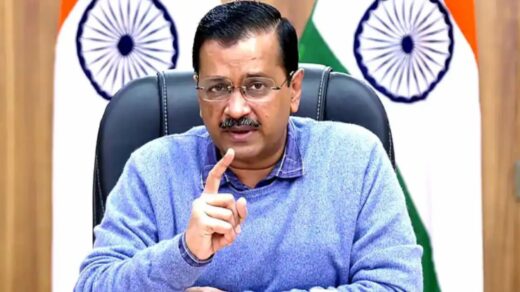New Delhi, (8/12/2018): Government of India committed to the nation to evolve a policy to help higher educational institutions to become world class ones and the Hon’ble Finance Minister articulated it in his budget speech in 2016 “It is our commitment to empower Higher Educational Institutions to help them become world class teaching and research institutions. An enabling regulatory architecture will be provided to ten public and ten private institutions to emerge as world-class Teaching and Research Institutions. This will enhance affordable access to high quality education for ordinary Indians. A detailed scheme will be formulated.”
2. In order to realise this goal, the MHRD and the UGC evolved a policy that was incorporated in theUGC (Declaration of Government Educational Institutions as Institutions of Eminence) Guidelines, 2017 and UGC (Institutions of Eminence Deemed to be Universities) Regulations, 2017, wherein the declared objective was ‘to provide an enabling regulatory architecture to ten public and ten private higher educational institutions to emerge as world-class Teaching and Research Institutions’. Thus a new paradigm was announced to bring in a more enabling regulatory environment with the expectation that identified institutions which will be categorised as Institutions of Excellence will achieve worldwide recognition in a foreseeable future. The policy guidelines were two, one covering Public Institutions and another covering Private Institutions.
3. The Empowered Expert Committee, tasked with the selection of 20 Institutions and furtherto monitor and review their implementation plans, after examining the proposals received, gave its 1st Report in May 2018 wherein 8 Public Institutions and 3 Private Institutions were recommended for the IoE status. On UGC’s recommendation 3 Public and 3 Private Institutions were approved by the Government invoking a principle of equal weightage to both categories of Institutions. UGC requested the EEC to continue its process till all the 20 institutions are identified.
4. Keeping UGC’s request in view, EEC continued its deliberations in an effort to identify additional institutions that have the best potential to excelunder the new autonomy framework and to attract private investment. In its 2nd Report that has been submitted today EEC has recommended additionally 2 institutions in the Public Category and 7 in the Private categorywhich together with the previously recommended 8 and 3 respectively, makes for 10 institutions recommended in each category. Further EEC has also identified further 5 institutions in each category which, as per policy, were to be kept in reserve list. EEC has however recommended that all 15 institutions in each category be approved for IoE status.
5. A strong culture of research and publication is essential for institutions aspiring for world-wide recognition. It is essential in the interests of economic progress of the country too. The need to encourage such a culture thro’ the creation of a separate fund, to start with an amount say, of Rs.1000 Crores, has been highlighted in the report. This fund meant for research activities should be available for all educational institutions and their faculty, creating a healthy competition giving a fillip to research activity and lead to better research output, ‘perception’ and international rankings. EEC has also emphasized a culture of cooperation among educational institutions by undertaking peer reviews, joint research and teaching collaborations and in the process helping and learning from each other.
With the completion of the work of identification of the IoE institutions, EEC will now involve itself in the hand-holding and monitoring of the selected institutions on their eventful journey to achieve world-wide recognition.
The list of the selected institutions is in the Annexure
Section IV Recommendations
List of selected Institutions
Public Institutions
1. Banaras Hindu University, Varanasi, U.P.
2. Tezpur University, Tezpur, Assam
3. Savithribai Phule Pune University, Pune, Maharashtra
4. University of Hyderabad, Hyderabad, Telangana
5. Aligarh Muslim University, Aligarh, Uttar Pradesh
6. Panjab University, Punjab, Chandigarh
7. Andhra University, Vishakapatnam, Andhara Pradesh
Private Institutions
1. Amrita Vishwa Vidyapeetham, Coimbatore, Karnataka
2. VIT, Vellore, Tamilnadu
3. Jamia Hamdard University, New Delhi
4. Shiv Nadar University, Noida, Uttar Pradesh
5. Azim Premji University, Bangalore, Karnataka
6. Ashoka University, Sonepat, Haryana
7. Krea University, Sri City, Andhra Pradesh
8. Kalinga Institute of Industrial Technology, Bubaneshwar, Odisha
9. O.P. Jindal Global University, Haryana
10. Indian Institute for Human Settlements, Bangalore, Karnataka
11. Institute of Public Health Sciences, Telangan
(Sponsor: Public Health Foundation of India, New Delhi)
12. Satya Bharti University, Haryana
(Sponsor: Satya Bharti Foundation, New Delhi)













